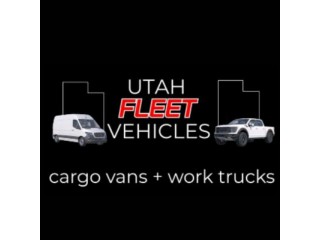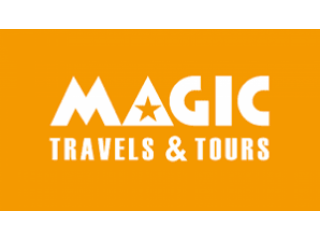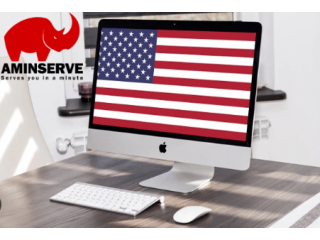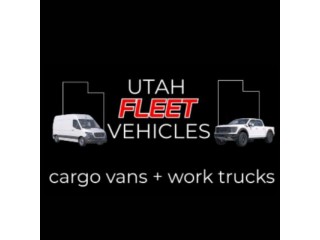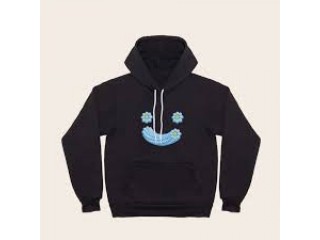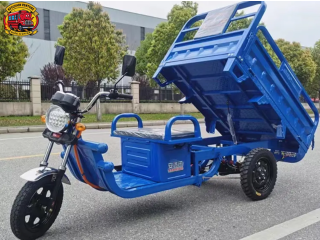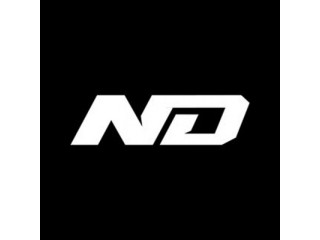How to Buy a Baby Stroller Private
4 years ago - Automobiles - Bushwick - 320 viewsWhether you’re headed to the park for a leisurely stroll or to Paris to see all of the sights, a stroller is a must-have for life on the go with baby. The right stroller not only gives baby a safe place to sit or snooze, but it also provides a place for you to stash all of those must-have essentials, from wipes and diapers to a change of clothes and an extra pacifier.
But finding the best stroller isn’t easy. The market is saturated with all different types of models and prices that vary widely from as little as $30 to upwards of thousands of dollars. So when you begin your hunt, first consider your budget. Then, think about how you plan to use your stroller to narrow down your options. Ask yourself some key questions, like: Where are you going to use it? Where are you going to store it? How many babies will be using it? And how much stuff do they have?
A basic lightweight umbrella stroller makes travel (and storage) easy, while high-function stroller systems boast helpful features like extra storage and snap-on bassinets or car seats. For some, a basic model for occasional use is perfectly suitable. For others, the splurge on a more advanced model is well worth it — even if it feels like a big investment. If you frequently take baby out and about or plan to have multiple kids, your stroller will likely get miles and years of use.
Before you purchase, don’t be afraid to try out your top choices. A trial run goes a long way in making sure it works for baby’s needs — and for the needs of other family members who will be pushing it, folding it and stowing their things within it along the way.
What are the different types of strollers?
There are six basic types of strollers:
Full-sized stroller
Lightweight or umbrella stroller
Jogging stroller
Double stroller
Car seat carrier
Travel system
It’s worth noting that although many strollers do fit squarely into the above categories, there are plenty that don’t. Some strollers can have characteristics of more than one type (i.e. a double jogging stroller).
Full-sized stroller
What it is: If you’re hoping to invest in one stroller that’ll wheel your baby right through the toddler years, look no further than a full-size stroller. Bigger, sturdier and usually more durable, these strollers are the standard option. Plus, many models come with a full range of features that not only make baby’s ride a joy, but also make your life easier.
Full-size stroller benefits: The go-to option for many families, a full-sized stroller covers all the basics and offers nifty bells and whistles that usually include:
Wide, comfortable, well-padded seat
Deep seat recline
Option to mount the seat forward-facing or rear-facing
Option to attach a car seat
Convertible design that grows with baby, from newborn use with car seat (or optional bassinet, in some cases) to toddler use
Expandable canopies
Sturdy tires with decent suspension to absorb shock
Roomy basket for storage
Telescoping handlebars (especially helpful when one parent is tall and the other is petite)
Useful nice-to-haves, like a cup holder or snack tray
Full-size stroller downsides:
Can be bulky and heavy (if you take public transportation, climb stairways frequently, or navigate busy streets or small stores with your baby, this can make it tougher to travel with)
May also be a tight fit for a small-space home with limited storage.
Lightweight or umbrella stroller
What it is: You might lose a few of the features you can find in a full-sized stroller, but an umbrella stroller scores points for being supremely easy to handle while on the go.
Lightweight or umbrella stroller benefits:
Often weighing under 15 pounds, a lightweight stroller is designed for portability (some even come with a shoulder strap).
These models are easy to fold, which makes stashing one in the trunk or taking it on an airplane, bus or train a snap.
Many lightweight strollers still come equipped with beneficial features, such as a partial seat recline, expandable canopy, storage basket and built-in cupholder or snack tray.
Lightweight stroller downsides:
If you’re looking for a stroller you can use from the newborn months on, a lightweight stroller won’t do. While a few models can safely carry newborns with car seat adapters or bassinet attachments, most umbrella strollers are designed for babies 6 months or older.
Most lightweight Pushchairs do not have a convertible option, which means if you end up having a second (or third) baby within a few years of your first, you'll likely need to purchase a second stroller.



